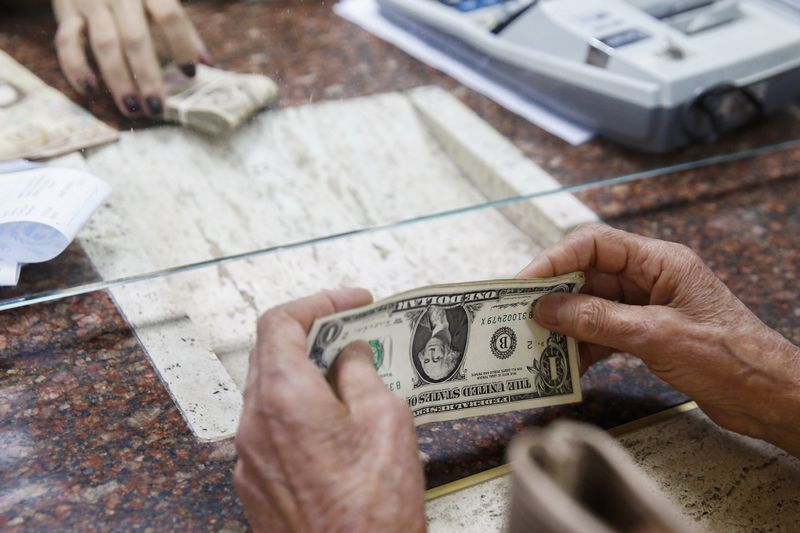The dollar loses positions on Tuesday, reversing part of the gains of the previous day, although it remains near new highs of four and a half years against the yen after the reappointment of Jerome Powell for a second term as president of the Federal Reserve.
At 8:55 a.m. (CET), the dollar index , which tracks the evolution of this currency against a basket of six other major currencies, fell 0.1% to 96.442, the level last observed in June 2020 .
The pair USD / JPY is down 0.1% to the level of 114.80, having earlier risen to 115.15, its highest level since March 2017. The GBP / USD rises slightly to 1.3399, the AUD / USD points up 0.1% to 0.7226 and NZD / USD falls 0.2% to 0.6944, pending the monetary policy decision that the Reserve Bank of New Zealand will announce on Wednesday.
The dollar received a boost after President Joe Biden’s decision to nominate Powell to lead the Fed for a second term, instead of Lael Brainard, considered the more prudent of the two and who, instead, was promoted to vice president of the Fed. Fed.
Powell’s appointment now goes to the Senate for confirmation, but this move has bolstered market expectations of interest rate hikes in 2022, when the Fed is expected to have completed its asset reduction program.
This has caused the yield on the two-year US Treasury to rise sharply, reaching 0.64% – its highest since the beginning of March 2020 – before declining modestly to 0.63%.
On the other hand, the EUR / USD pair rises 0.1% to 1.1250, rebounding slightly after falling to 1.1226, new 16-month lows.
“The news (from the Fed) consolidates the key trend of the EUR / USD, in which the Fed prepares to normalize monetary policy while the ECB lags behind”, explain the analysts of ING (AS: INGA ) in a note. “The ECB had more reason to delay anyway, as it looked like inflation in the euro zone was going to fall much faster in 2022 than inflation in the United States, but the new lockdown measures and pressure on the service sector in Europe they give the ECB many more reasons to take it easy. “
Preliminary November PMI data for the region is likely to provide further evidence of the slowdown in eurozone business activity over the course of this day.
Regardless, there has been a notable shift in the ECB’s discourse on Tuesday, with Isabel Schnabel being the first board member to warn that inflation risks are now tilting to the upside.
The USD / CNY pair falls to 6.3837, not far from its all-time lows, even as China’s central bank tries to slow its rise.
So far, Beijing’s moves to curb this appreciation have been limited, setting benchmark rates for the yuan lower than expected for four consecutive days, while urging banks to limit speculation, especially bullish speculation.
However, this has had a limited impact, leading to speculation that China’s central bank could cut interest rates in the near future.
As for the rest of the emerging markets, the Turkish lira fell again, as President Recep Tayyip Erdogan’s statements made it cross an important technical level, prompting loss-minimization orders to be established. The dollar rose 4.7% to the level of 11.9469, after registering highs of 12.00.

